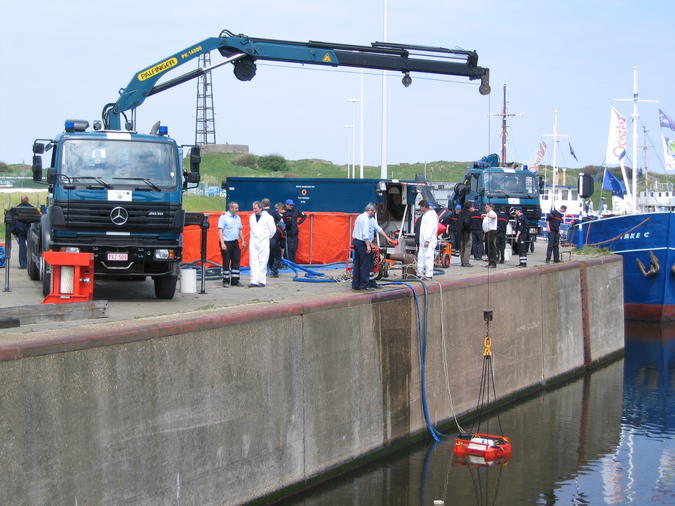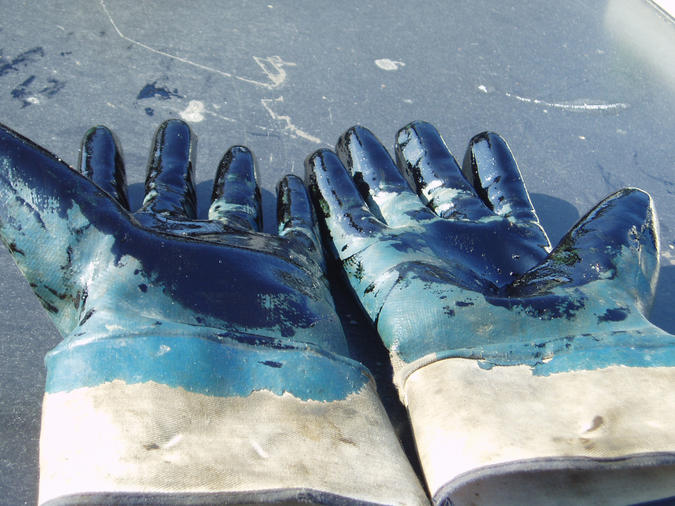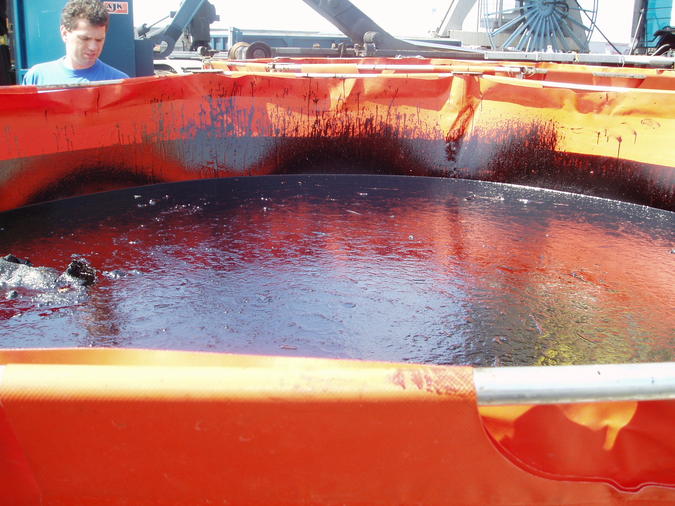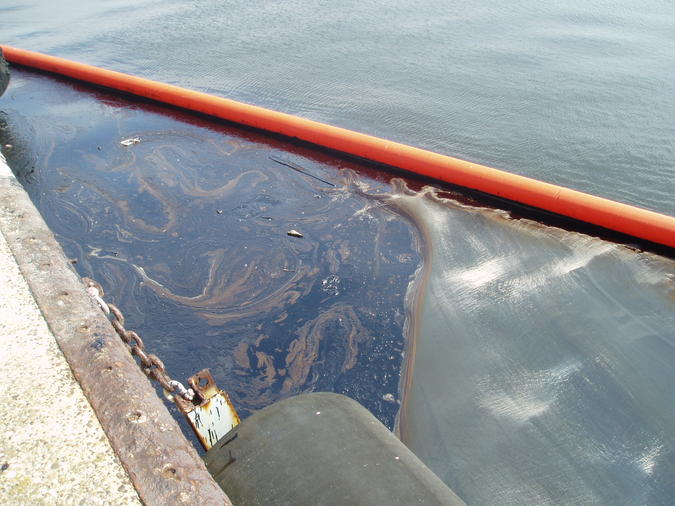Jan Tavernier, expert combating techniques marine pollution with Marine Environment Division (FPS Public Health):
“I am responsible for the purchase, the maintenance and the deployment of oil cleansing material. This includes skimmers (device to remove oil off the water surface) and booms (floating screens which are put on the water to prevent oil from spreading). Once or even twice week we organise exercises so that we learn to quickly deploy the material. The Tricolor disaster was the biggest incident during my career up until now. More recently in the port of Ostend a bunker ship was leaking heavy fuel oil. By acting fast and creating a dam, we prevented the oil from reaching the sea or the beach. ”
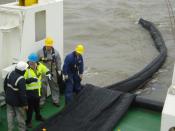
Marine Environment Division (part of the Directorate-General Environment, of FPS Public Health, Food Chain Safety and Environment) regulates policy concerning protection and sustainable use of the marine environment. They also supervise compliance with environmental regulation in the busy marine areas of Belgium.
To that purpose, Marine Environment Division carries out a number of regulatory tasks in cooperation with other coast guard partners: e.g. Management Unit of the North Sea Mathematical Models (MUMM), Maritime Police, ministry of Defence, Civil Protection, agency for Maritime and Coastal Services,…
Supervision on pollution at sea and establishing violations is one of the many tasks of Marine Environment Division. Others include the supervision on activities in the environmentally protected areas and on activities at sea which require a permit.
The division furthermore regulates and stores the equipment to combat pollution at sea. Spills are cleaned up with pollution combating materials and the oil is prevented from spreading further. Staff are trained how to use this equipment to clean up spills and to prevent pollution from spreading.



